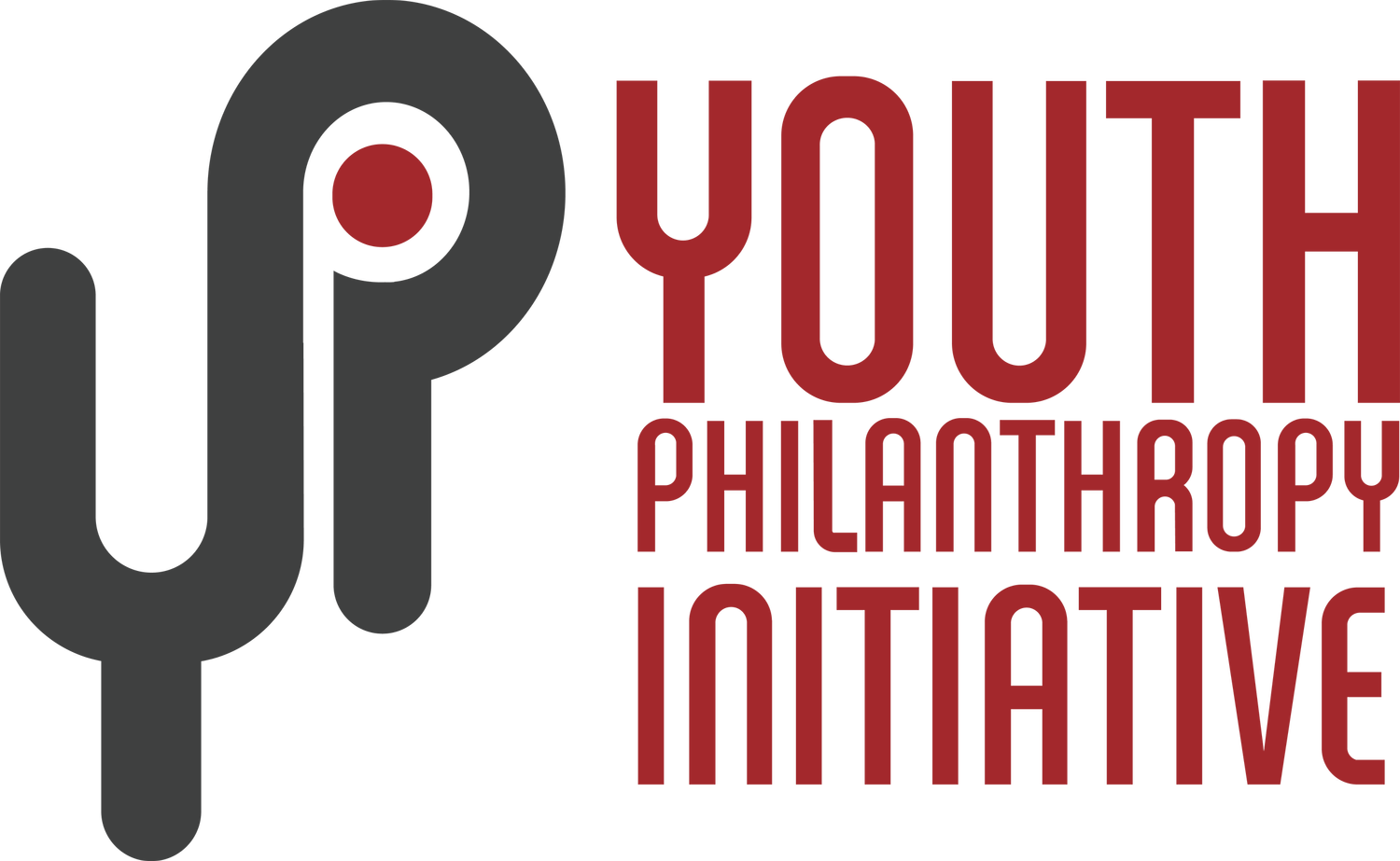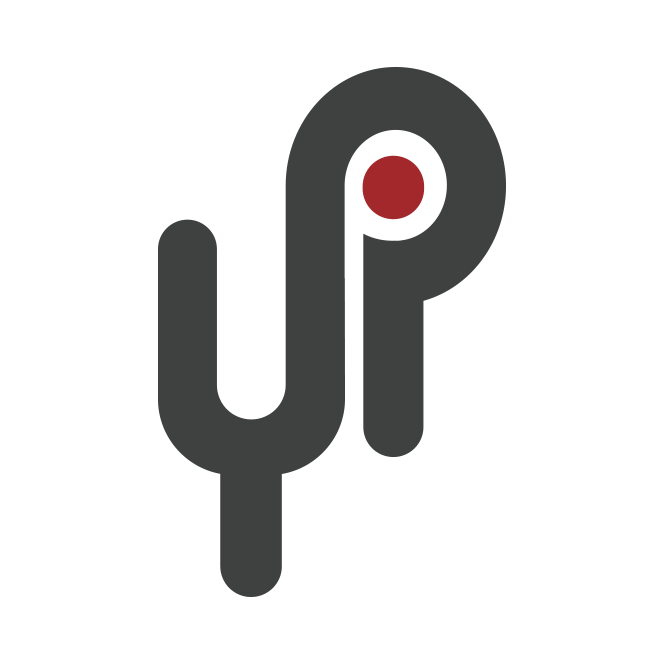Name: Ritvik Ganguly
Cohort: 8
Project: Spark Karts
Education: University of Tulsa (B.S. Biochemistry - Pre-Med)
Current Occupation: Medical Student at the Oklahoma University College of Medicine
Current Place of Residence: Oklahoma City, OK
CliftonStrengths: Individualization, Learner, Achiever, Competition, Focus
Ritvik Ganguly was only in YPI’s Cohort 8 for one year. As a rising sophomore at Union, he was presented the opportunity to transfer to the prestigious Oklahoma School for Science and Mathematics and Oklahoma City. He says YPI Director Adam Seaman helped to mentor him through the decision to change schools: “It was a difficult decision. I loved YPI and the leadership lessons. We had just picked the STEM carts as our focus issue.”
Despite his short tenure, Ritvik reflects that YPI made an outsized impact in his life and personal development: “I got the condensed perspective of YPI - just the initial lectures on leadership, etc. That in itself really permeated through the rest of my life.”
“[YPI facilitators] Adam and Terrie really treated us like colleagues and showed us that we could really make a difference. They showed us the steps and the process to make positive change at scale. It was so rare as a high schooler to have an opportunity that gave you that level of autonomy and creativity - we were used to focusing on homework, just following what others told us to do within structures that were provided.”
When he entered college, Ritvik had the opportunity to participate in the first iteration of the College Philanthropy Initiative (CPI), a new program at the University of Tulsa that was a direct outgrowth of YPI and expression of the curriculum and model. Taught by YPI Director Adam Seaman, CPI was a two-year college credit course that was part of the prestigious President’s Leadership Fellowship (PLF), dedicated to “preparing a cadre of TU graduates who are skilled in creating a just, humane and creative world.”
According to the program design, In the first year a group of approximately 100 PLF freshmen are selected to enroll in a course directly adapted from the YPI curriculum, including topics of self-realization, leadership and philanthropy. In the program’s second year, a smaller cohort of dedicated students are provided a budget and one year to design and launch a social start-up that benefits the community. Ritvik reflected on his participation in CPI: “When I first went to TU, I was surprised to see Adam and Terrie. I immediately wanted to participate in CPI. It was similar to YPI but with more mature and adult content.”
“The first year gave us a strong foundation. We learned about topics like how humans behave with each other, emotional intelligence, and social entrepreneurship. We would also go through case studies - examining all the challenges facing our state and city... I was a pre-med and there were lots of engineers in the class - if not for CPI, we would’ve had no idea what was happening in the city.”
In the second year, Ritvik joined a cohort of 25 students with the daunting task of making a positive change in Tulsa. After months of research, the cohort honed in on the topic of improving mental health on college campuses. The project, affectionately named Happy Hippo Campus, created a survey for student well-being that could be utilized on any college campus to provide an accurate snapshot of holistic student wellness. While TU already had a student well- being survey, the CPI students felt that they could create a survey that more accurately measured student needs and perspectives.
According to Ritvik, the cohort made sure that this would not be your typical “boring” survey. He described the cohort’s strategy for the survey’s launch on the TU campus: “We needed a shock and surprise factor. On a random Friday we put up posters that said ‘The hippos are coming!’ The next Monday we all put on hippo costumes and set up shop in the student union. We went to classes in the hippo costume and promoted it everywhere. We also worked closely with professors and other students to share the link to the survey with their classes. We effectively got the entire campus involved in this.”
“Previously TU only had an 11% rate of response for their survey. After day one of launching the Happy Hippocampus survey, we immediately hit 53%. Something like 900 responses.
The cohort presented a final report on the survey data to the interim president of TU, and hoped to introduce the model to other universities for adoption. Unfortunately, a tumultuous change of leadership at TU and the outbreak of the COVID-19 pandemic prematurely curtailed these sustainability efforts. Due to related issues, the CPI program itself was also discontinued. Despite this, Ritvik still describes his time with CPI as a valuable learning experience: “We were really upset at the time... But we did get a lesson in reality and how the world works.”
After completing his undergraduate degree at TU, Ritvik enrolled as a medical student at OU. He reflected on his mentality going into this chapter of his life: “I’ve always known I wanted to be a doctor since 7th or 8th grade - that was always the end goal for me. But YPI was genuinely the first experience that made me realize that there is so much more to life than just your job and career. Adam and Terrie would say that we don’t just want you to be good professionals, we want you to be professionals that do good. I realized that, just because I want to be a physician, doesn’t mean that it is the extent of my identity.”
“I knew I was interested in the social entrepreneurship side of things, but wasn’t sure how it applied to my path as a medical student. In undergrad I participated in OU’s Summer Institute for Community Medicine, and learned about the social determinants of health and other facets of well being. On the last day, we had the opportunity to interview a patient and their family. It was my first experience taking a patient’s social history...”
“I interviewed a 50 year old patient with Alzheimer’s and his caretaker wife. It helped me to understand what the patient and caretaker go through - they burn out, need their own support system and therapy, etc. It opened my eyes to the humanism of medicine, rather than only the scientific side. YPI planted the seed in me that humanism and emotional investment in people is important.”
“At that interview, I asked one question that changed the trajectory of my life. I asked the caretaker what she would change about her experience with the medical system. Immediately said she would change the way that she was informed about her husband’s diagnosis. She was told very callously over the phone while she was driving with the family in the car, and there was no follow up by the medical provider on next steps for treatment or care. That first diagnosis delivery really set the tone for her whole experience - she felt like the medical staff didn’t care.”
“I walked away from the Summer Institute upset with the system of care in Oklahoma,” Ritvik reflected. Fast forward a few years, he had an interesting idea: “How does medical school prepare students to give bad news?”
Where others might’ve been daunted, Ritvik knew how to get the answer to his question. “I was a master at conducting surveys from YPI and CPI,” he recalled. “I surveyed all the clerkship directors [who oversee medical students’ progress through clinical rotations] and asked ‘At any point in their medical education do you teach your students how to deliver serious news?’ and ‘Do you think it is important for them to learn this?’” The survey results confirmed that this subject was not part of the standardized rotation for medical school students. Ritvik called it a “dangerous assumption” that medical students would be able to pick up these critical skills without formal instruction.
“I teamed up with a friend in the medical school with the goal to do something to address this. My training from YPI and CPI kicked into overdrive – I knew how to do this! And I didn’t need grant money or anything. I reached out to Adam and Terrie about our plans, and they were very helpful and encouraging as we honed our ideas.”
Based on their own research, Ritvik and his team developed a curriculum that combined proven protocols with experiential learning simulations. They made the pitch to OU and TU and were approved for their materials to be used in the official clinical medical curriculum taught to all second year medical students beginning in fall 2020. They also were approved to conduct a research project on the efficacy of their curriculum, which Ritvik expects will be published in the coming months. To date, approximately 450 students have successfully completed the program.
In his interview, Ritvik was clear in highlighting that this success was a group effort achieved in partnership with his fellow medical students. Nevertheless, he asserts that “Everything I learned in YPI enabled me to do this. My small idea would have remained a small idea if not for YPI and CPI.”


